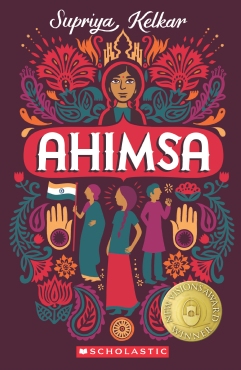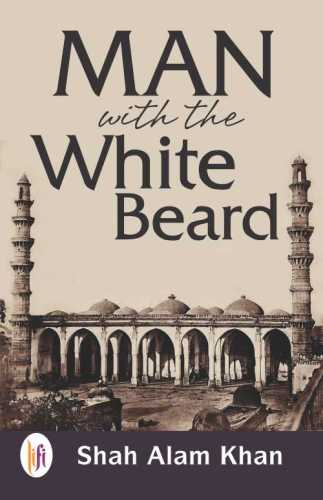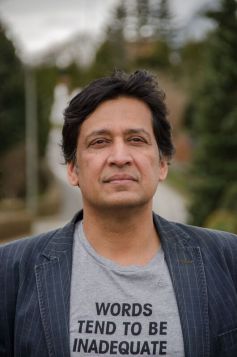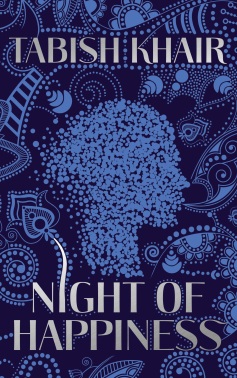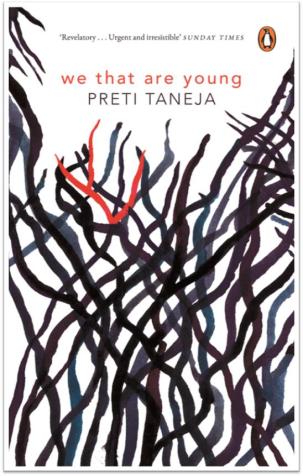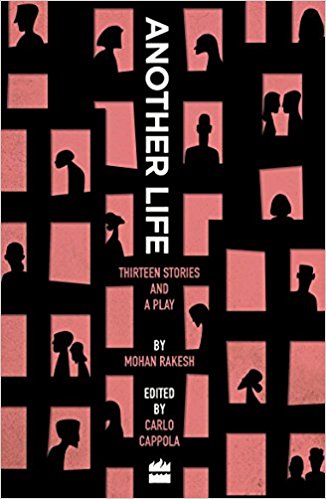(London, Jun 27, 2018) Sydney Smith, the illustrator of Joanne Schwartz’s picture book Town Is By The Sea has won this year’s Kate Greenaway Medal, the UK’s oldest award for illustration.
Town Is By The Sea, which depicts a day in the life of a boy growing up in a coal mining town in the 1950s, contrasts a child’s life of play with that of the adult world of work, with the bright world above ground juxtaposed with the perilous subterranean world of a mining pit.
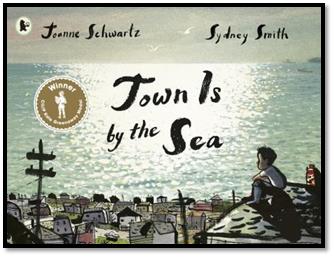
Smith, who hails from Canada, visited a miner’s museum in Cape Breton’s Glace Bay, where the story is set, and took inspiration for his expressive brush work from Impressionist artists such as J M W Turner.
British writer Geraldine McCaughrean won the CILIP Carnegie Medal for the second time with her middle-grade novel Where the World Ends.
Smith and McCaughrean each received 500 pounds worth of books to donate to a library of their choice, a specifically commissioned golden medal and a 5,000 pounds cash prize from the Colin Mears Award.
According to Jake Hope, chair of the judging panel, “Sydney Smith’s Town Is By The Sea skillfully balances an intimate story of a child’s world of play and wonder alongside a bigger story of a whole community and culture built around mining. Its illustrations are impressive and expansive in scope and beautifully evoke both time and place.”
Smith said although the story is specific to a place and a time, the context of childhood is universal.
“There is something so beautiful about the universality of the complicated richness of youth. It is a dream come true to see my work, crafted from my heart, for family and my home to be honoured by the highest of praises,” he said.
Town Is by the Sea is published by Walker books UK and in India by Penguin. Smith has illustrated multiple children’s books, including The White Cat and the Monk, written by Jo Ellen Bogart, and the highly acclaimed Footpath Flowers.
